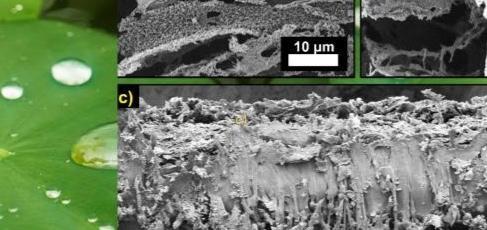
Pig Kidney Removed from US Woman a Record 130 Days After Transplant
In a groundbreaking medical procedure, a US woman had a pig kidney removed from her body after a record-breaking 130 days, marking the longest survival time with a pig kidney transplant. Towana Looney, a resident of Alabama, underwent the transplant in April, but her body eventually started rejecting the organ, necessitating its removal.
The remarkable feat, achieved by a team of medical professionals at the University of Alabama at Birmingham (UAB), has significant implications for the field of xenotransplantation, a growing area of research that involves transplanting organs from animals into humans.
Prior to Looney’s case, the longest recorded survival time with a pig kidney transplant was 58 days, achieved in a 2019 study published in the journal The Lancet. In Looney’s case, the pig kidney performed well for four months, allowing her to live without the need for dialysis, a life-saving treatment for individuals with end-stage renal disease (ESRD).
The removal procedure was performed on August 24, and Looney made a full recovery, being discharged from the hospital after five days. She has since been placed back on dialysis, a testament to the remarkable advancements being made in xenotransplantation.
Looney’s case is a significant milestone in the development of pig-to-human organ transplantation, which holds immense promise for addressing the global shortage of human organs available for transplant. According to the National Kidney Foundation, over 100,000 people in the United States are currently waiting for a kidney transplant, with many more waiting for other types of organs.
The UAB team, led by Dr. James E. Kirkland, director of the UAB Center for Aging and Regenerative Medicine, conducted the transplant as part of a clinical trial aimed at evaluating the safety and efficacy of pig kidney transplantation in humans. The trial is designed to assess the potential of pig kidneys as a viable alternative to human kidneys for patients with ESRD.
The removal of the pig kidney from Looney’s body was a major success, marking the first time a pig kidney has been successfully removed from a human after a prolonged period of time. The procedure demonstrates the potential for xenotransplantation to offer a lifeline for individuals waiting for organ transplants, many of whom are forced to endure lengthy waiting periods or even die while on waiting lists.
The UAB team’s achievement is a testament to the dedication and expertise of the medical professionals involved in the trial. “This is a remarkable achievement, and we are thrilled to have been able to achieve this milestone,” Dr. Kirkland said in a statement. “While Looney’s body eventually rejected the pig kidney, this trial has shown that pig kidneys can be safely transplanted into humans and can function well for a significant period of time.”
The removal of the pig kidney from Looney’s body has paved the way for further research into xenotransplantation, with the UAB team planning to continue studying the potential of pig kidneys as a viable alternative to human kidneys. The team is also exploring the use of genetically modified pig kidneys, which could potentially reduce the risk of rejection and prolong the survival time of the transplanted organ.
In conclusion, Towana Looney’s remarkable case has pushed the boundaries of xenotransplantation, demonstrating the potential for pig kidneys to be successfully transplanted into humans and functioning well for an extended period of time. As research continues to advance, the possibilities for addressing the global shortage of human organs available for transplant become increasingly promising.






